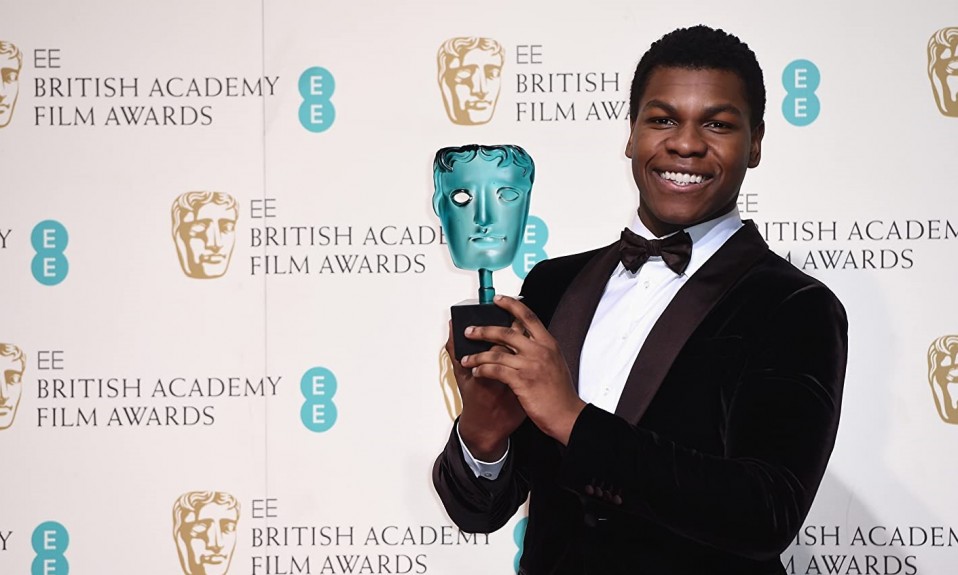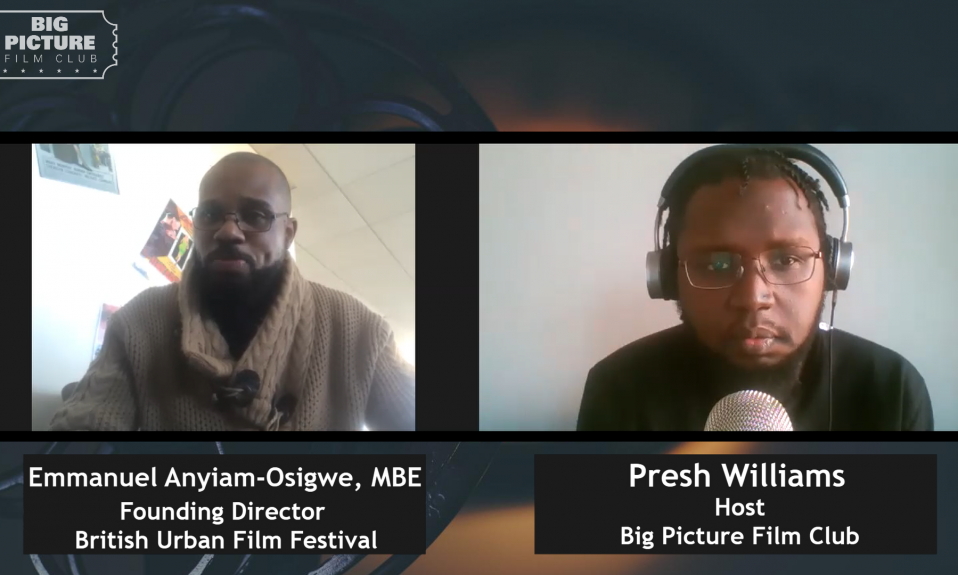Inclusion, diversity, and equality have never been talk about in the film industry as much as during the last few months. Whether it was the much-needed equality between men and women or more diverse award nominees, many topics like that have been discussed lately. At the end of June, the Academy announced their 819 new members of which 36% were people of colour and 45% women. By doing so, they followed the example of BAFTA (British Academy of Film of Television Arts).
Earlier this year, BAFTA announced that it established a new steering group that will review the lack of diversity in some the categories during this year’s British Academy Film Awards. The group will take a look at the rules, processes, and conditions regarding the nominations and votings. This might be a massive step in the right direction but won’t it be too little too late?
BAFTA and its role in the film and television industry
BAFTA has been supporting the film and television industry right from the first ceremony in 1948. Throughout the years, they haven’t only supported film (British Academy Film Awards) but also television (British Academy Television Awards) and games (British Academy Games Awards). This makes BAFTA an important player in the entertainment industry. BAFTA praises itself as the world-leading independent arts charity which gives attention and support to the UK and international creative talent. Not only with handing out awards, but also by organising learning events, discussion, workshops, masterclasses, and lectures. This year, BAFTA announced that Krishnendu Majumdar will be as its new Chair. Majumdar is an Emmy-winning and BAFTA-nominated television producer and director and has been closely involved with BAFTA for 14 years.
#BAFTASoWhite
The #BAFTASoWhite has been going on for a few years now. It started in 2017, the year during which La La Land was up for eleven awards. In both leading actors and leading actress categories, all the nominees were white. While the likes of Emily Blunt, Emma Stone, Andrew Garfield, and Ryan Gosling were rightfully nominated because of amazing performances, BAFTA could have included Janelle Monáe and Naomi Harris, both for their stunning achievement in Moonlight, and Mahershala Ali and his wonderful acting in Hidden Figures. Moonlight from Barry Jenkins was nominated for Original Screenplay but Jenkins was left out in the Best Director category. The #BAFTASoWhite rose again this year after the announcement of the nominees for the 2020 ceremony and after Joaquin Phoenix and Prince William calling out the lack of diversity.
More inclusion because of the steering group?
With the new steering group, BAFTA wants to change the entertainment industry even more by reviewing policies and making the necessary changes. The steering group consists of BAFTA board and committee members, BAFTA staff, external industry figures, independent advisors, and leading diversity advocates and academics. They will take a closer look at elements such as the nominations and voting process, the role of distributors, the campaigning process, and the makeup of BAFTA’s membership. Issues such as diversity, under-represented groups, access, fairness, and unconscious bias will be talked about as well. The ultimate goal is to know which possible changes they can do to make from the entertainment industry a more diverse and inclusive one. While BAFTA mentioned that they will take into account the BAFTA Television, Television Craft, and Games Awards, they will mostly focus on the film awards.
The ‘chicken or the egg dilemma’ in film
When it comes to diversity and on-screen representation, there’s always the ‘chicken or the egg dilemma’. Is there simply a lack of black actors/directors getting opportunities or is it because black creatives don’t start a career in film because they think they won’t stand a chance? As mentioned before, BAFTA is always organising scholarships, lectures, and mentoring schemes. While these initiatives should be applauded, it shouldn’t be too hard to include more people of colour, people with disabilities, and women during the award ceremonies and the events especially when you look at international talent.
What could be done next?
While this new steering group is a massive step in the right direction, there’s still much more BAFTA and other organisers can do. Appointing under-represented people an important role within the organisations, and if the new steering group is a success, other big players in the entertainment industry should start similar groups as well.
Also Read: Lenny Henry Leads a Call For Change













